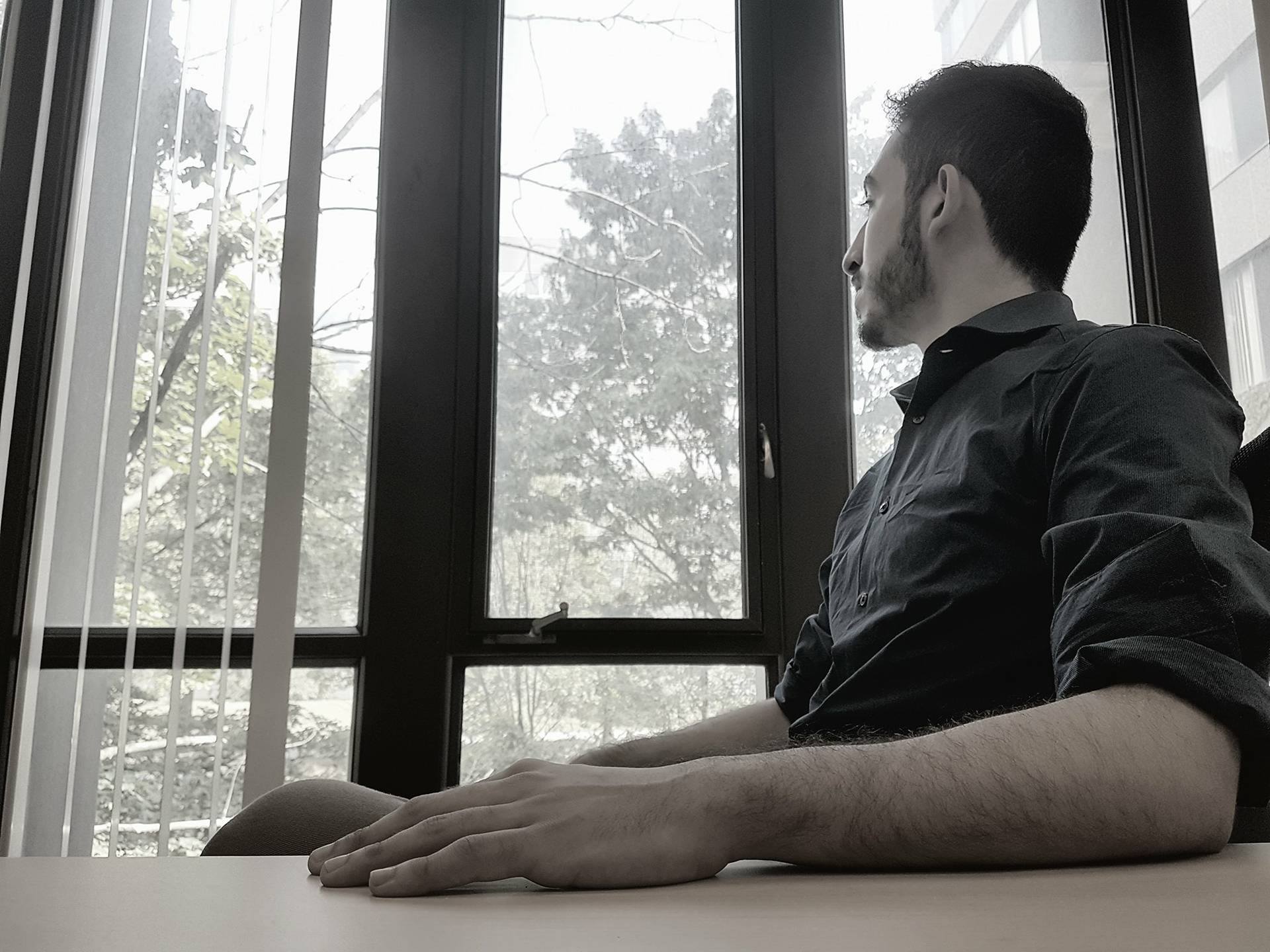Jodie Vanderslot | Health Editor
Featured Image: It’s time for men to recognize that sharing their feelings is an act of manhood. | Courtesy of Unload
Men’s mental health often appears as a silent crisis. Mental illnesses affect both men and women equally—however, the willingness of individuals to seek help and openly discuss their struggles is low. While both women and men are affected, men may be less likely to disclose these feelings and seek help.
The stigma surrounding mental illness, in combination with traditional notions of masculinity, confine men to a specific set of stereotypes. As a result, young men are often forgotten, despite their equal vulnerability.
Pouya Tajalli, a fourth-year Kinesiology and Psychology student, along with three friends, Ilia Azari, Taimur Sherazi, and Ahmed Panju, all had plans to start up their own non-profit organization that would provide children of low-income backgrounds with a safe space for physical activity, called Activate.
“After some planning, we were prepared to attempt a second launch,” says Tajalli, in reference to the organization.
“Not too long after, I came across some news while scrolling through my social media: my best friend had passed away due to suicide,” he explains.
“At first, I was in denial—there were no signs that suggested he would do what he did. In fact, it was only a few days prior that we were downtown talking about how excited we were to launch Activate again,” he says.
What started as a push for Activate took a rapid and unexpected turn, becoming something much larger and more personal—Unload.
When we make ourselves vulnerable, there’s risk—but there is also the potential for things to get better. Early intervention is beyond crucial—however, the signs and symptoms of mental illness are unique to each individual, and oftentimes you might not know the whole story.
“It took a toll on every aspect of my life imaginable: from grades to social life to my own mental health. I eventually realized that dwelling on what has happened won’t change the fact. So, I took it upon myself to change this story around,” he adds.
After the loss of his close friend, Activate reinvented themselves, transforming their original organization and refocusing their goal towards the much needed conversation about mental health—specifically, men’s mental health.
“I have been dealing with mental health problems since his passing and decided to keep it to myself. After experiencing the consequences of my decision first-hand, it has become my mission to encourage people not to repeat my mistake,” adds Tajalli.
“We noticed that many students dealing with mental illness—men, in particular—aren’t always interested in discussing their mental health, or participating in events that relate to mental health. We knew we had to try a new approach.”
As of September, the mental health organization Unload is a ratified club at York, with all executive members having taken part in mental health training provided by York.
“We are thrilled to be the first student club for men’s mental health at York and are ready to accept the responsibility that comes with that,” says fourth-year Kinesiology student Hammad Saif.
Unload’s mission for the current school year is to create a safe space for male students on campus, wherein they can feel comfortable sharing their experiences with mental illness, and will hopefully come in to seek the support that they need.
The organization is open to all students curious about the cause, with mental health issues, and/or with a friend or loved one with mental health issues.


